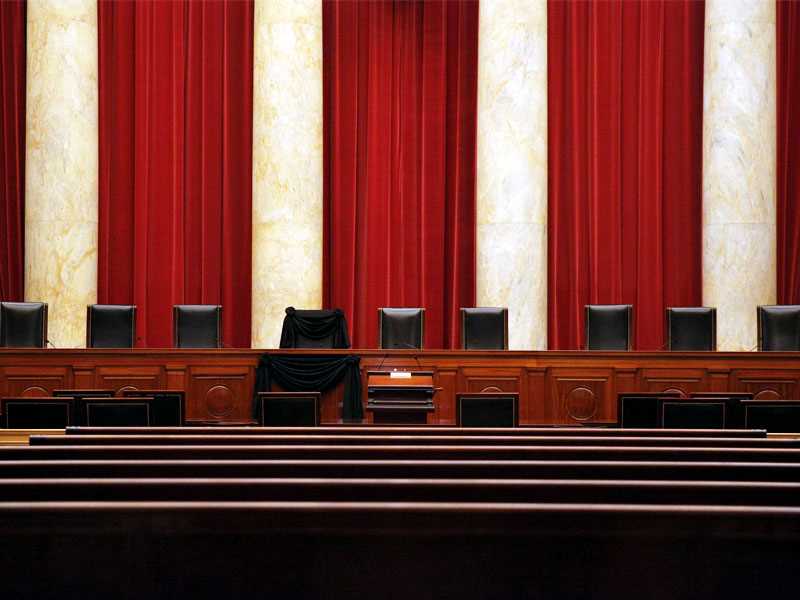Supreme Court punts contraceptive mandate back to lower courts
Reprints
Calling for a compromise, the U.S. Supreme Court on Monday sent the so-called contraceptive mandate cases back to the lower courts.
The high court did not decide on the merits of the case, Zubik v. Burwell, and instead gave the religious nonprofits and the government a chance to “resolve any outstanding issues between them” involving a rule in President Barack Obama's health care law that requires employers to provide health coverage for prescription contraceptives.
“In light of the positions asserted by the parties in their supplemental briefs, the Court vacates the judgments below and remands to the respective United States Courts of Appeals for the Third, Fifth, Tenth, and D. C. Circuits,” the court opinion states.
The case involves several religious nonprofits — mostly religiously affiliated nonprofit universities and colleges, nursing homes, charities and Roman Catholic clergy — that sued to challenge U.S. Department of Health and Human Services rules that require them to notify their insurers or third-party administrators of their objections to providing coverage, with the insurers or TPAs then providing the contraceptives.
The nonprofits said the rule, which is an accommodation to the Affordable Care Act mandate requiring employers to offer coverage for prescription contraceptives, violates their faith and rights under the 1993 Religious Freedom and Restoration Act.
Monday's order follows the court's unusual move in March to ask the objecting religious nonprofits and the government to come up with ideas on how “contraceptive coverage could be provided to petitioners' employees, through petitioners' insurance companies, without any such notice from petitioners,” the high court said in its March order. Many legal experts said that order could have signaled an impasse in the court's eight-member panel.
Both parties said in supplemental briefs filed April 12 that “such an option is feasible,” the Supreme Court said in Monday's opinion.
Now that the views of the religious nonprofits and the government are clarified, the court opinion states, they “should be afforded an opportunity to arrive at an approach going forward that accommodates petitioners' religious exercise while at the same time ensuring that women covered by petitioners' health plans 'receive full and equal health coverage, including contraceptive coverage.'”
In the meantime, the Supreme Court’s opinion allows the government to “facilitate the provision of full contraceptive coverage,” and frees the nonprofits from any taxes or penalties for not complying with the mandate’s accommodation.
The Supreme Court emphasized that it does not decide on “whether petitioners' religious exercise has been substantially burdened, whether the government has a compelling interest, or whether the current regulations are the least restrictive means of serving that interest,” according to the opinion.
In a separate concurring opinion, Justice Sonia Sotomayor, joined by Justice Ruth Bader Ginsburg, wrote that Monday's opinion gives the nonprofits, the government and the appellate courts a chance to “to reconsider the parties' arguments in light of petitioners' new articulation of their religious objection and the Government's clarification about what the existing regulations accomplish, how they might be amended, and what such an amendment would sacrifice.”
Read Next
-

Scalia's death could leave court deadlocked on contraceptives
The death of U.S. Supreme Court Justice Antonin Scalia casts new uncertainty on the how the court will rule in the next case challenging the health care reform law.